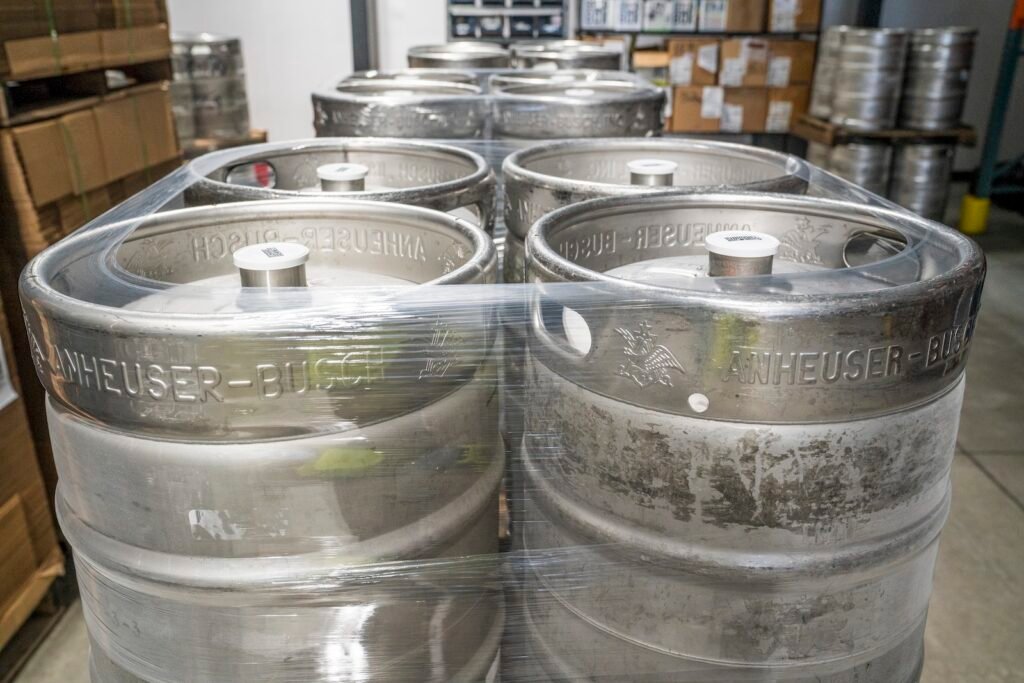Naphtha is a petroleum-based liquid hydrocarbon
mixture that is used as a feedstock in a variety of industries, including
petrochemicals, refining, and manufacturing.
Naphtha is typically produced through the
refining of crude oil, which involves separating crude oil into various
fractions through distillation. Naphtha is one of the lighter fractions of
crude oil and typically has a boiling range of between 30°C and 200°C.
Naphtha is used as a feedstock for the production of a
wide range of petrochemicals, including ethylene, propylene,
butadiene, and aromatics. It is also used as a solvent for cleaning and
degreasing, as well as a fuel for internal combustion engines.
Naphtha is a colorless or pale yellow liquid with
a low viscosity and a characteristic odor. Its composition can vary
widely depending on the source of the crude oil and the refining
process used.
Naphtha can have environmental impacts if
it is not handled and disposed of properly. It can cause water pollution
if it enters rivers, lakes, or groundwater, and can also release harmful
fumes if it comes into contact with other chemicals.
Naphtha can be harmful if it is inhaled or comes
into contact with the skin or eyes. It can cause respiratory problems,
skin irritation, and other health issues if it is not handled properly.
Naphtha products are subject to various
standards and regulations to ensure their safety and quality, including
standards for purity, flash point, and other physical and chemical
properties.
